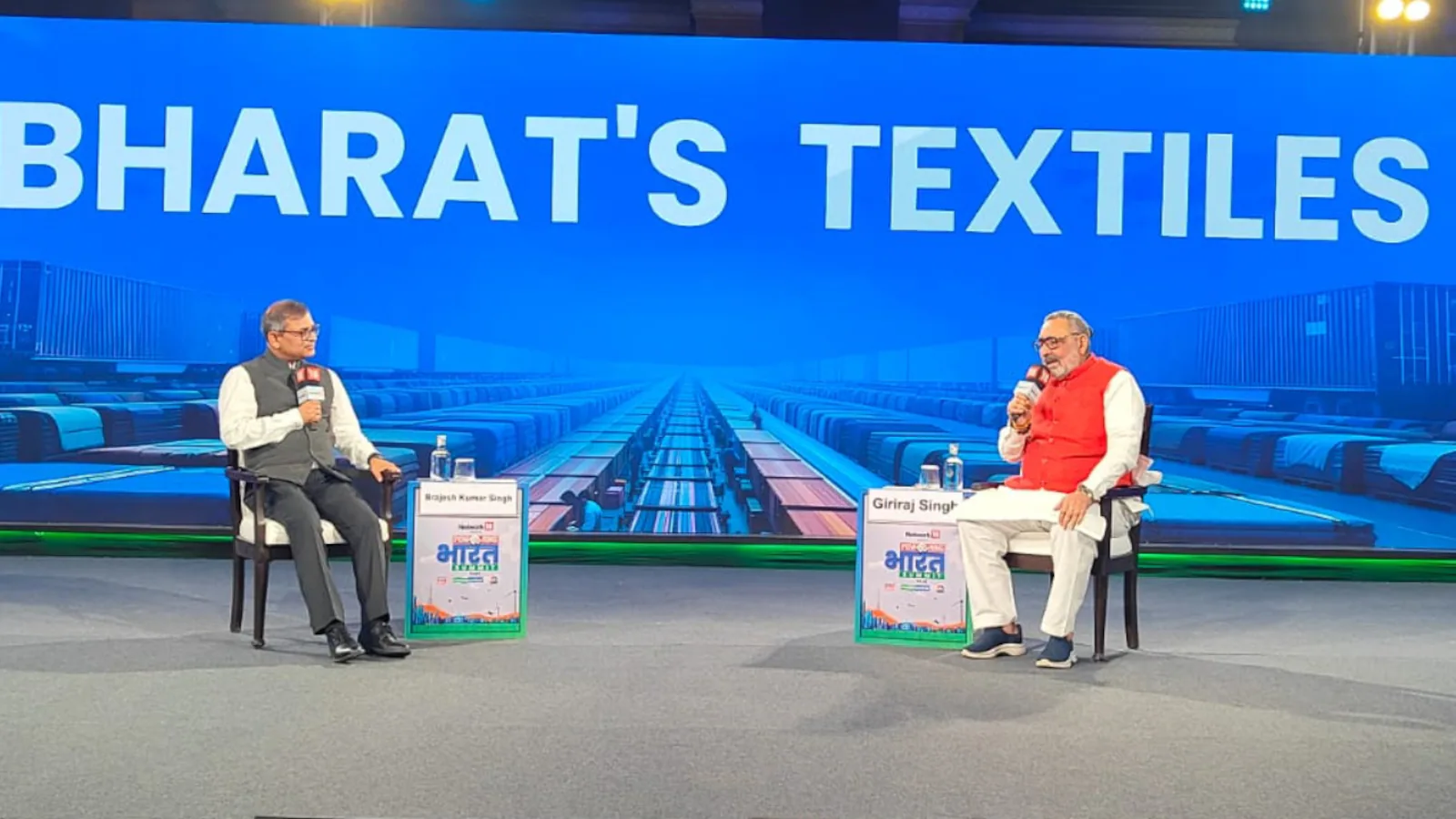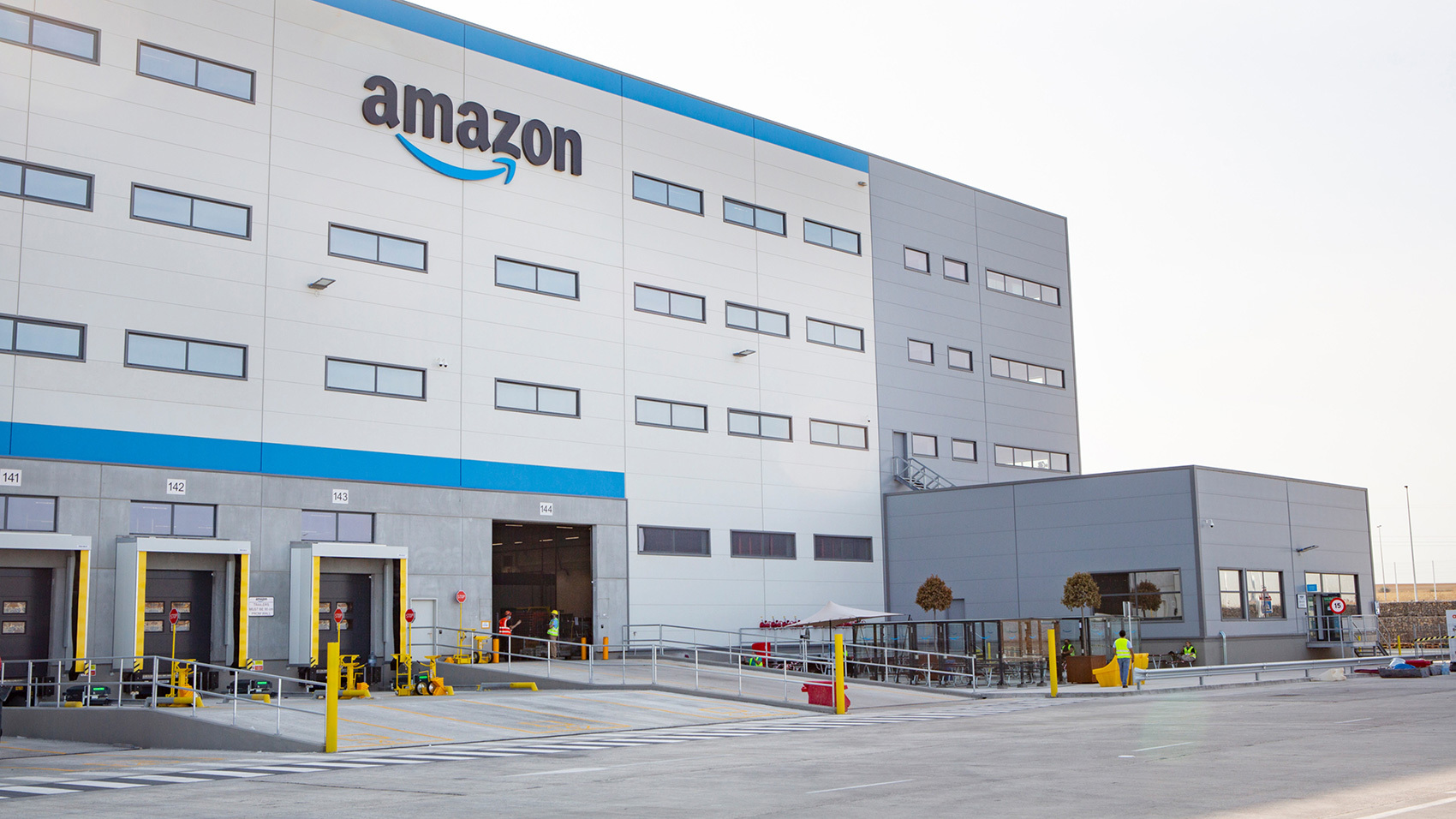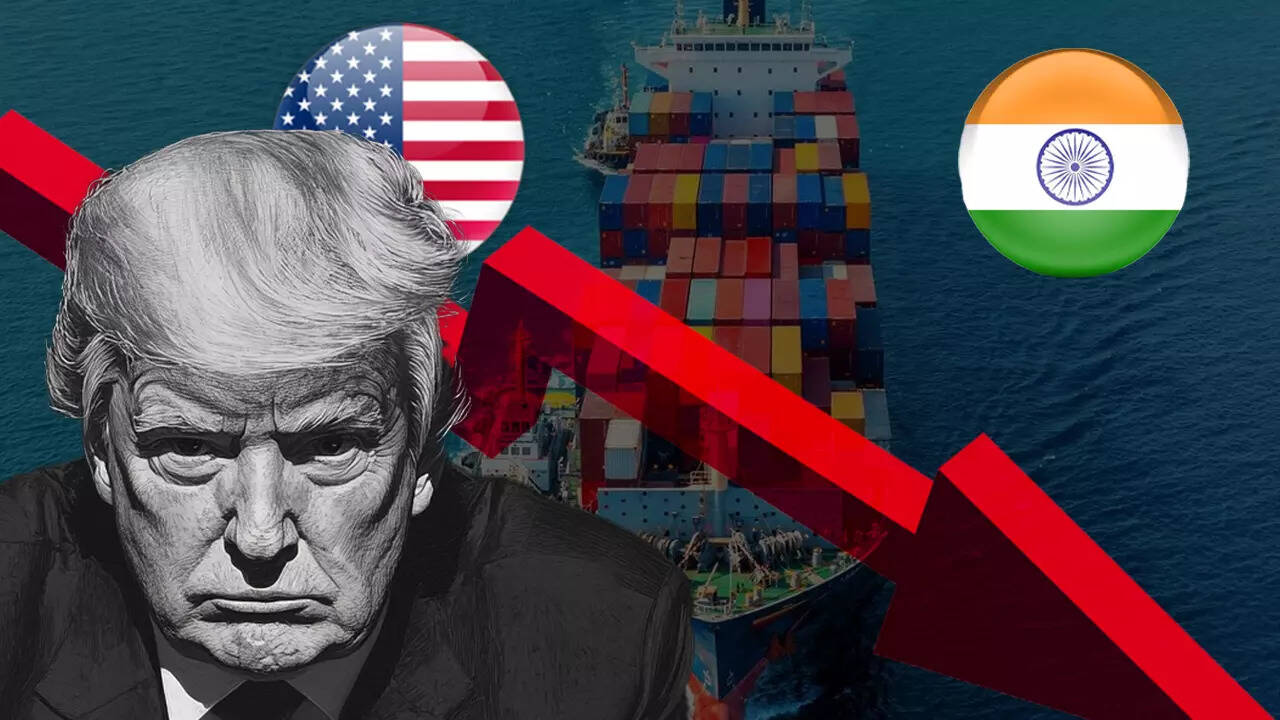the FTA on India's export economy.
This jump marks a strategic victory for India's textile industry and a defining opportunity for the entire supply chain ecosystem—from raw material suppliers and apparel manufacturers to freight operators and global buyers.
India-UK FTA: A Historic Milestone for Textiles
According to Minister Singh, the new FTA eliminates the existing 12% import duty on Indian textiles entering the UK, significantly enhancing India's price competitiveness. He remarked, “India has end-to-end solutions in textile,” emphasizing the country’s full-spectrum capabilities across the textile value chain.
The Minister also positioned India as a formidable competitor to Bangladesh and Vietnam, highlighting the country’s infrastructure, skilled labor, and global market-readiness as key enablers for this projected export leap.
Impact on India’s Textile Supply Chain
The India-UK FTA is set to unleash a wave of opportunities across the textile supply chain:
1. Raw Material Sourcing
- Boost in demand for cotton, manmade fibers, and technical textiles
- Strengthening of backward linkages in farming and fiber processing
2. Textile Manufacturing & Processing
- Expansion in garment manufacturing clusters such as Tirupur, Surat, Ludhiana, Panipat, and Bhilwara
- Investments in automation, sustainability practices, and international quality certifications
3. Export Logistics
- Rising need for containerized shipping and air cargo solutions to meet fast fashion delivery timelines
- Improved efficiency at ports like Mundra, JNPT, Chennai, and Cochin
4. Technology & Compliance
- Acceleration of digital supply chain platforms for traceability, documentation, and buyer-supplier coordination
- Increased focus on ESG standards and sustainable practices demanded by UK retailers
Benefits for Indian Exporters
The removal of UK tariffs under the FTA provides a major cost advantage for Indian exporters, making Indian apparel and home textiles significantly more attractive to British brands and consumers.
Exporters, especially MSMEs, now have:
- Easier access to one of the world’s top retail markets
- Reduced compliance friction with simplified documentation
- Potential to form long-term contracts with UK buyers
A Supply Chain Transformation Opportunity
For supply chain and logistics stakeholders, this development calls for immediate capacity building and readiness:
- Freight forwarders should plan for increased export volumes and optimize India-UK routes
- Port authorities must prepare for higher throughput of textile cargo
- Tech solution providers can deliver tailored software for export documentation, tracking, and compliance
- Government agencies need to facilitate smooth export processing and provide financial incentives for infrastructure upgrades
A Strategic Advantage Post-Brexit
The UK’s departure from the European Union opened the door for new bilateral partnerships. This FTA positions India as a key trade partner for the UK, diversifying both countries’ supply chain dependencies and reducing reliance on intermediary hubs.
For India, this also serves as a blueprint for upcoming FTAs with countries such as Canada, Australia, and those in the EU, where Indian textile exporters are seeking better market access.
Minister Giriraj Singh’s announcement is a clarion call to India’s textile sector and supply chain leaders. The India-UK FTA has the potential not only to triple exports but also to redefine India’s global positioning in textiles. With end-to-end supply chain capabilities, competitive costs, and growing policy support, India is poised to become the preferred global sourcing hub for textiles and apparel.
Now is the time for manufacturers, exporters, and supply chain enablers to act, align, and accelerate.
.png)
.png)







